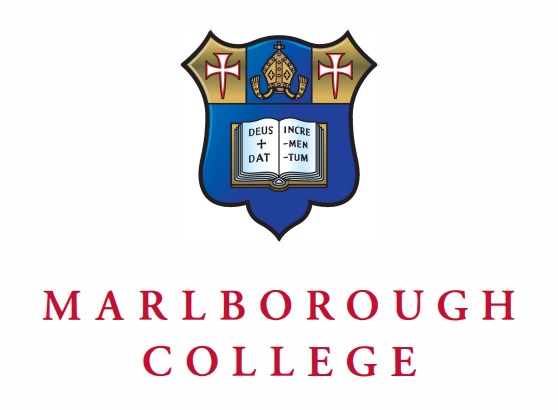
Club Safeguarding Officers
Guidance on appointing and training a Club Safeguarding Officer
It is a mandatory requirement that every ECB affiliated club and organisation recruit, appoint and train a Club Safeguarding Officer.
This is essential to provide a “first point of contact” for everyone within the club and the ECB for child safeguarding matters, and crucially, to ensure the club is adopting and implementing, the safeguarding activities necessary for it to fulfil its duty of care for children.
The role of Club Safeguarding Officer meets the legal definition of regulated activity. This means that the club must ensure the individual is properly vetted and that he or she is not barred from working with children.
Therefore, the Club Safeguarding Officer must have, or obtain, a current valid ECB DBS check.
Guidance on obtaining an ECB DBS check
Who should be a Club Safeguarding Officer?
The person selected for the role of Club Safeguarding Officer must be able to:
- Satisfy the requirements of the core skills and knowledge areas.
- Be prepared to complete the required training and the core tasks of the role.
- Where possible, the person selected for the role of Club Safeguarding Officer should not be someone who already has a high profile role within the club.
The importance of selecting the right person cannot be over-stated. The person selected may be privy to some of the most private aspects of club members lives and must show they are able, and experienced enough, to handle confidential matters.
Club Safeguarding Officer Role Profile
Club Safeguarding Officer Training Requirements
The ECB requires all Club Safeguarding Officers to hold the following:
- A current valid ECB DBS check
- ECB Safe Hands workshop
- Safeguarding Level 2 Course (SGL2). This is a free online course. Auto-enrolment is provided for Club Safeguarding Officers who attend the Safe Hands Workshop
ECB Safe Hands
This course is designed specifically for Club Safeguarding Officers in cricket clubs, and is delivered by ECB trained tutors and County Safeguarding Officers.
All Club Safeguarding Officers must attend the Safe Hands workshop and renew this qualification every 3 years. The training enables the Club Safeguarding Officer to:
- Explain the role and responsibility of the Club Safeguarding Officer and how this relates to other key roles in cricket
- Review club processes regarding good safeguarding practice and duty of care
- Deal confidently with any concerns that may arise
- Create an ongoing action plan to support the implementation of “Safe Hands” in the club
- Understand what support is available and how to access this
- Able to persuade, influence and instruct on Safeguarding matters as necessary
- Understand the importance of listening to children and helping the club develop processes and systems to do so
Safeguarding Level 2 (free online course)
The Safeguarding Level 2 course is designed to support individuals in cricket who work with children and young people. It is a 1-hour interactive online course with an assessment, and is suitable for everyone in a specialist role.
- Coach or Activator
- Umpire or Scorer
- Committee Member
- Safeguarding Officer
- Captain or Team Manager
This course replaces the Safeguarding for Specialist Roles course and must be taken by Safeguarding Officers. For more information, please click here.
For more information, please contact Karen Smith:

Other recommendations for clubs
We would recommend that clubs consider the following:
- The name and contact details for the appointed Club Safeguarding Officer should be communicated to your County Safeguarding Officer and County Cricket Board.
- The Club Safeguarding Officer’s name and contact details must be made known to club members, and other persons associated with the club, and displayed on the club notice board.
- Once trained, the club should display the Club Safeguarding Officer’s training certificates on the club notice board.
- The Club Safeguarding Officer should be present at welcome events / registration sessions and inform people of his or her role at these events.
- It is best practice for the Club Safeguarding Officer to have a presence during Junior sessions and matches.











